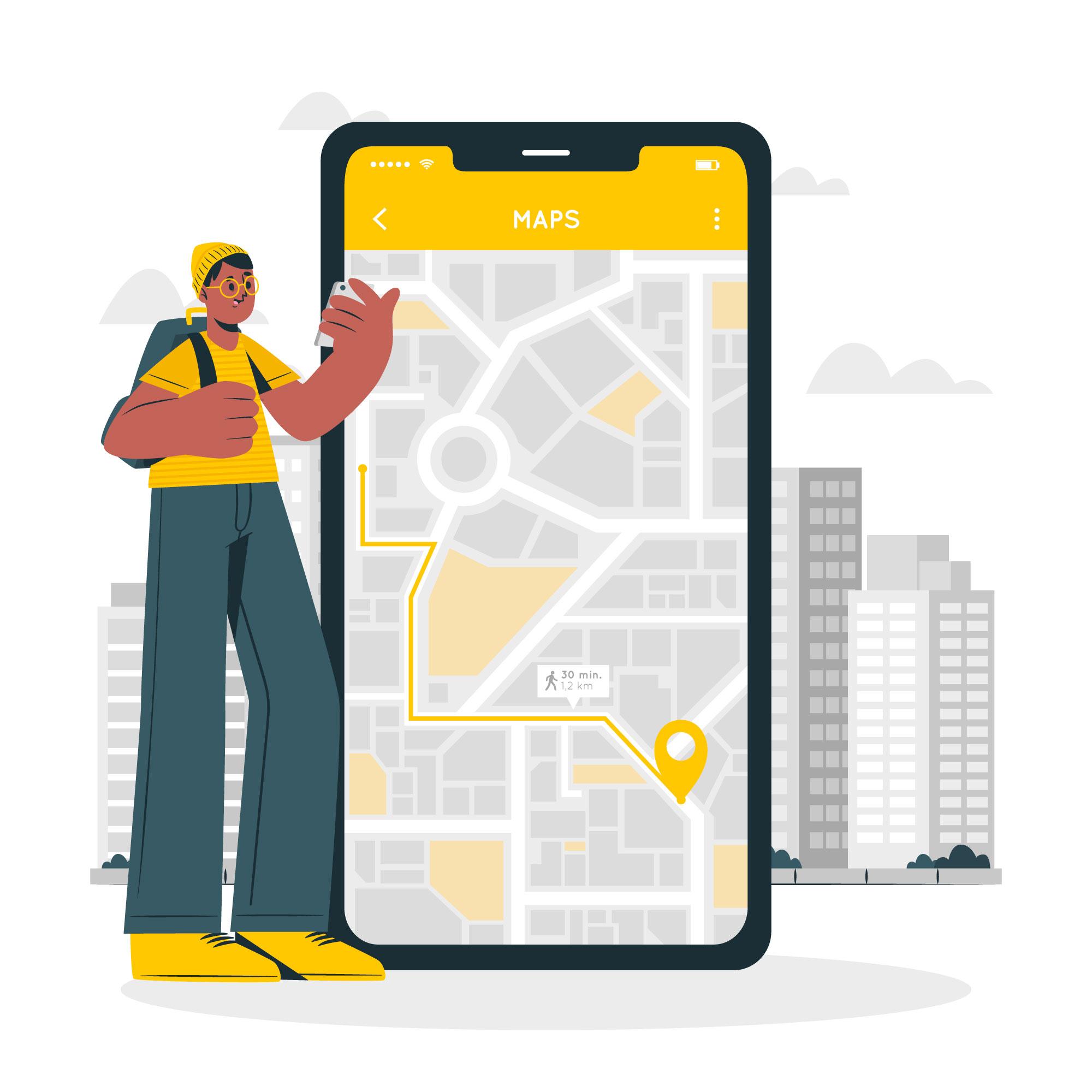🗺️French Level 3, Activity 02: Donner et recevoir des instructions / Giving and Receiving Directions (Face-to-face)
Products: Directions
Practices: Giving directions, helping someone find a place
Perspectives: Sometimes, it’s hard to stop someone for directions in the big cities, because people are often on their way to or from work! Always begin by saying “bonjour!” and asking if someone has the time to help.
NCSSFL-ACTFL World-Readiness Standards:
- Standard 1.1: Students engage in conversations or correspondence in French to provide and obtain information, express feelings and emotions, and exchange opinions.
- Standard 1.2: Students understand and interpret spoken and written French on a variety of topics.
- Standard 2.1: Students demonstrate an understanding of the relationship between the practices and perspectives of the cultures of the francophone world.
Idaho State Content Standards:
- COMM 1.1: Interact and negotiate meaning (spoken, signed, written conversation) to share information, reactions, feelings, and opinions.
- COMM 2.1: Understand, interpret, and analyze what is heard, read, or viewed on a variety of topics.
- COMM 3.1: Present information, concepts, and ideas to inform, explain, persuade, and narrate on a variety of topics using appropriate media in the target language.
- CONN 2.1: Access authentic materials prepared in the target language by or for native speakers.
NCSSFL-ACTFL Can-Do Statements:
- I can have a simple conversation on a number of everyday topics.
- I can plan and discuss events in the community.
- I can give directions to someone.
Materials Needed:
- Map of Boise State (or a map of your choosing)
- Internet accessible device
Warm-up
1. Begin by introducing the Can-Dos for today’s activity.
2. Go through the following news story with the students and have them discuss their responses.
Passez en revue la nouvelle suivante avec les élèves et demandez-leur de discuter de leurs réponses.
La Cour fédérale du Canada accorde réparation à deux francophones pour des violations répétées de leurs droits linguistiques par Air Canada, et ordonne au transporteur aérien de leur payer un total de 21 000 $. (The Federal Court of Canada granted compensation to two francophones for repeated violations of their language rights by Air Canada, and ordered the air carrier to pay them a total of $21,000.)
Jugement de la Cour fédérale: (Federal court judgement:)
Le respect de la langue française est un problème récurrent au Canada et il fait souvent partie des débats en chambre parlementaire. Voici une discussion qui date de 2016. (Respect for the French language is a recurring problem in Canada, and it is often part of parliamentary debates. This is a discussion from 2016.)
Discussion Questions:
- Avez-vous entendu parler de cette nouvelle ? (Have you heard of this news?)
- Qu’est-ce que vous avez compris de cette vidéo ? (What did you understand from this video?)
- Que pensez-vous de cette décision ? (What do you think of this decision?)
Main Activity
In this activity students will have to find locations on a Boise State map (or a map of your choosing) as well as give directions between specified places on the map using polite phrases.
Durant cette activité, les étudiants devront localiser certains endroits sur la carte du campus de Boise State et donner, de manière polie, des indications entre des endroits spécifiques.
1. First, have students take turns picking two locations at random from the location cards.
Tout d’abord, les étudiants devront choisir, chacun leur tour, deux endroits sur la carte.
2. They must then ask their partner to direct them from one location to the other.
Ils devront ensuite demander à leur coéquipier de leur donner des indications pour se rendre d’un endroit à l’autre.
Some helpful question phrases include:
- Vous pouvez me dire où se trouve…
- Où se trouve…
- Dans quelle direction est…
- Pardon____, s’il vous plaît
Some helpful response phrases:
- Vous quittez…
- Prenez le…
- Continuez tout droit
- Tournez à gauche (ou droit)
Wrap-up
Ask the following question(s) to finish the activity:
- Avez-vous déjà été perdu dans un autre pays ? Où ? Quand? Que s’est-il passé ? (Have you ever been lost in another country? Where? When? What happened?)
End of Activity:
- Can-Do statement check-in… “Where are we?”
- Read can-do statements and have students evaluate their confidence.
- Encourage students to be honest in their self evaluation
- Pay attention, and try to use feedback for future activities!
NCSSFL-ACTFL Can-Do Statements:
- I can have a simple conversation on a number of everyday topics.
- I can plan and discuss events in the community.
- I can give directions to someone.
Cultural Resources
How to Remix a Pathways Project Activity
Feeling creative? The Pathways Project needs your help in remixing activities for the K-12 classroom.
Try taking an activity to the next level by:
- Add new content (something you’ve created or another OER source)
- Contribute additional activity suggestions
- Integrate authentic materials such as videos, infographics, photos, etc.
- Suggest how to implement the activity in the classroom
- Customize the content for a specific audience or group of learners (for example, K-5 learners or to differentiate for student’s needs)
We want to make it easy to share back with the larger Pathways Project Community! Simply, click this link to remix this activity.
Please consider sharing your remixed activity with us by emailing the activity link to Pathwaysproject@boisestate.edu so that Pathways continues to grow!


